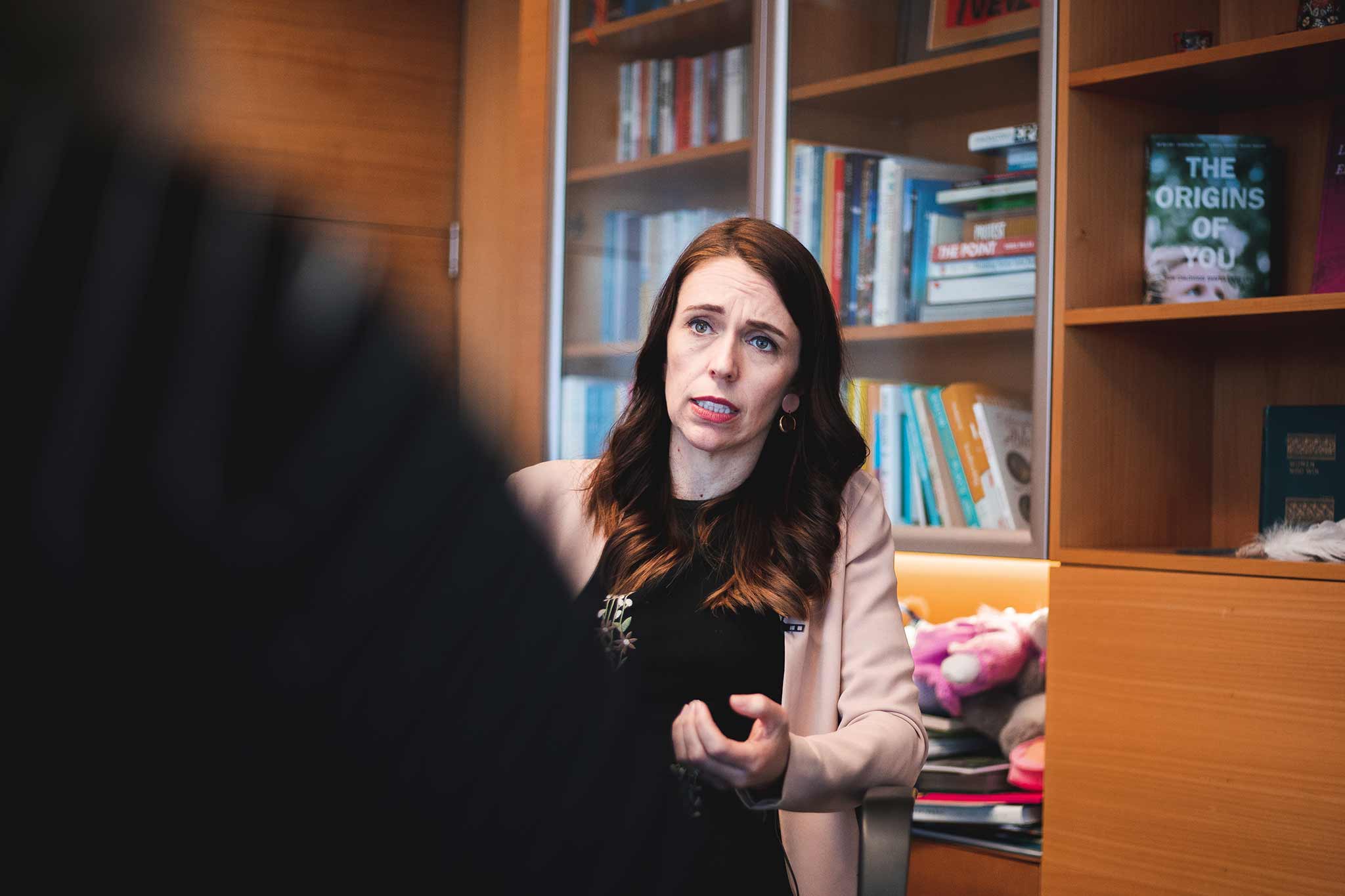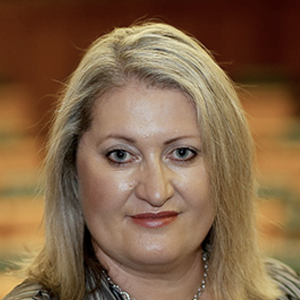Jacinda Ardern on 2020
RNZ sat down with Prime Minister Jacinda Ardern as 2020 drew to a close, to reflect on the year that's been, and the one that lies ahead.
“It’s been a really hard year but look where we are…we’re lucky.”
It has been quite a year, not least a virus that’s created global pandemonium and one that delivered New Zealand the first majority government.
RNZ sat down with Prime Minister Jacinda Ardern as 2020 draws to a close, to reflect on the year that’s been, and the one that lies ahead.
“I’m naturally an optimist,” says Ardern, which stood her in “good stead” in 2020.
“In many ways, it could have even been worse than what we’ve experienced… I don’t take for granted that our strategy only worked because people bought into it and supported it.
“And so it has been a team effort. And that makes me optimistic for what we can do next year,” she says.
Does she have a worst case scenario for 2021? Short answer - nothing she’s willing to state publicly; she’s “very careful” with her language, as she doesn’t want to “jinx anyone or anything”.
“I think no matter what comes our way, we’ve demonstrated just how resilient we are as a nation… I have faith we’ll get through.”
Best case scenario 2021
Ardern’s best case scenario for 2021 is focused on the global rollout of vaccines but she says that’s still going to “take some time” and won’t look anything like past vaccination programmes in New Zealand, where you have all of the vaccines you need for the whole population and you run one single campaign.
“So a lot of planning and preparation is going into what that will look like next year, and at the same time, we’ll need to keep in place measures that match the rollout of that vaccination to keep people safe while we’re going through that.”
Ardern would not put any timetable on a safe, widely available vaccine though; one key issue for New Zealand is getting evidence that shows once someone is vaccinated, they won’t be able to pass it to anyone else, she says, which will have a direct impact on when the border restrictions could be loosened, or lifted.
“And when we get that evidence around that will then start making a difference, for instance, as to whether or not people from offshore are able, or will pose a risk to us coming into our borders,” says Ardern.

Managing New Zealanders’ expectations will be important, as positive news about vaccines starts to come out of the likes of the United Kingdom.
“Totally understandable, because it has the potential to be such a significant game changer for the world, that we all are really enthusiastic to see that news…but no country is going to vaccinate, be able to vaccinate, their entire population straightaway,” warns Ardern.
“There are limitations to the numbers that are being produced, and some countries are rolling out very early when we still have data that’s demonstrating, you know, the potential of these vaccines. And they’re doing that because, of course, they’re losing lives now. So of course are building that into the calculation.”
New Zealand is in a “different scenario”, she says.
“We will have Pfizer vaccines coming into New Zealand next year, we are going to work very quickly to make sure that we can roll out as soon as we can, but also make sure it’s safe.”
Governing with a majority
Labour pulled off a political first at the election, securing the first majority government under MMP.
The first obvious consequence was not having to go through complex and high stakes negotiations with any other party; the Greens were given limited portfolios in a deal that suits Labour, but apart from that Ardern could stack her Cabinet and her wider executive with her own people.
First orders of business were to clear the decks of policies New Zealand First had previously opposed, including drug testing at festivals, declaring a climate emergency and doubling sick leave provisions. Ardern promised to govern for “all New Zealanders”, but is already under pressure from the left to move more quickly on housing, poverty and inequality.
“Interestingly,” she says, with the previous “three party” government and “all of the complexity that brings, that never changed people’s expectations”.
“So I’ve always felt the weight of that, always.”
The benefit to that is “people constantly asking and seeking that you do more means that that creates space for us,” says Ardern.
“And so I got used to the weight of that expectation last term, the the weight that people place on me will never be any greater than the weight I place on myself.”
About the author

Jane Patterson is RNZ’s political editor.